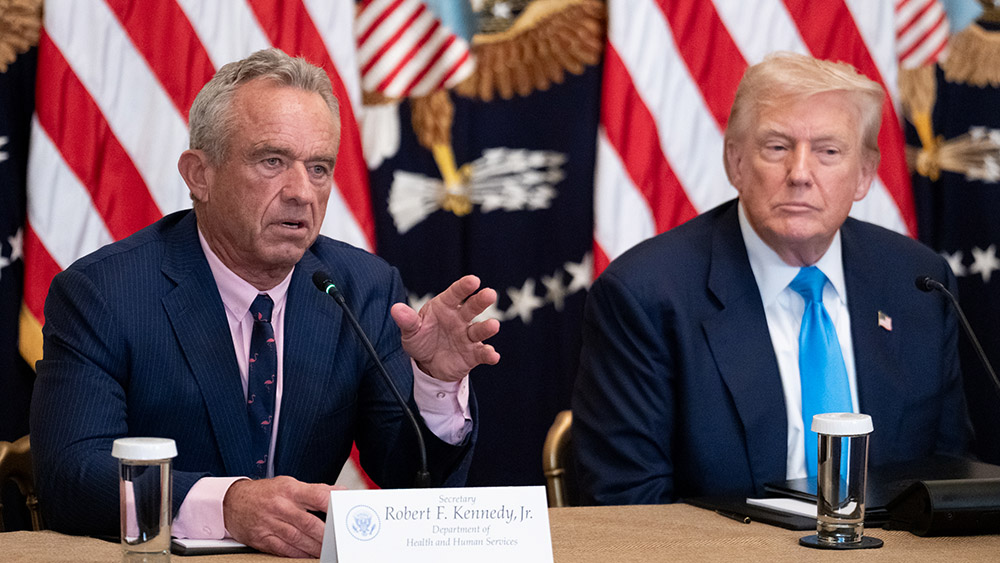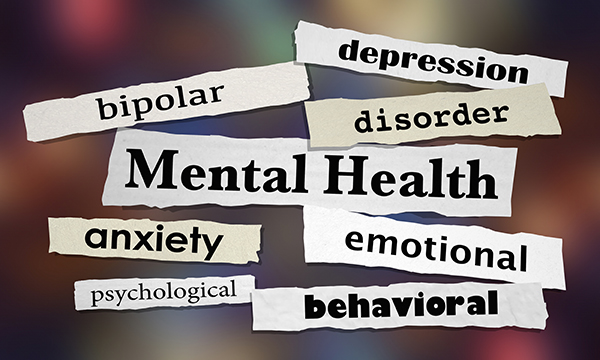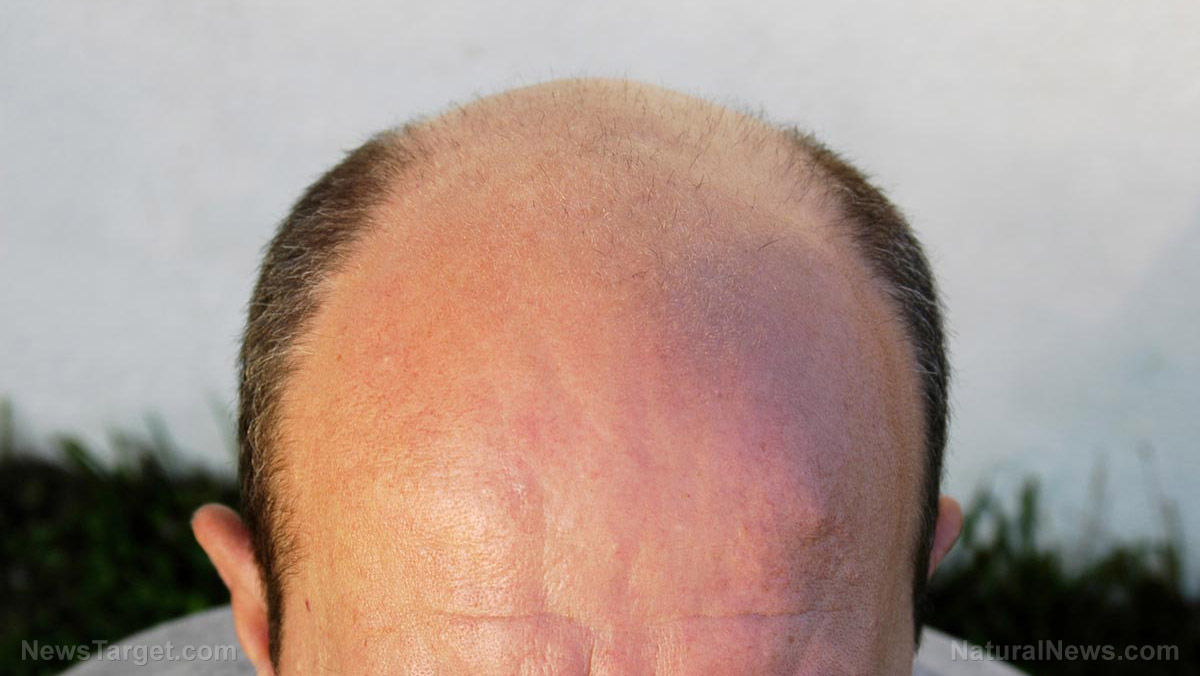Former CDC directors’ ties to industry raise questions amid criticism of RFK Jr.
09/22/2025 / By Belle Carter

- Former CDC directors, including Rochelle Walensky and William Roper, who criticized Robert F. Kennedy Jr. for attempting to reshape the CDC, have been revealed to have significant ties to lobbying firms, pharmaceutical companies and industry-funded nonprofits.
- The investigation highlights the “revolving door” between government agencies like the CDC and the industries they regulate. For example, Mandy Cohen, a former acting CDC director, is now an advisor to a firm that lobbies for health industry clients, and William Roper has held positions on the boards of major health care companies.
- The former CDC officials did not disclose their financial interests in industries affected by policies they supported or opposed. This lack of transparency undermines public trust in their ability to make unbiased decisions.
- The CDC Foundation, where some of the former directors have served, has received millions from companies like Coca-Cola, suggesting potential corporate influence on public health policy. This raises questions about the independence and integrity of public health leadership.
- The revelations underscore the need for greater transparency and accountability in public health leadership to restore public trust. HHS acknowledges that conflicts of interest have eroded trust in the public health system, emphasizing the importance of upholding gold-standard science and transparency.
In a recent editorial published in the New York Times earlier this month, several former directors of the Centers for Disease Control and Prevention (CDC) labeled Robert F. Kennedy Jr. as “dangerous,” criticizing his efforts to reshape the agency. However, an investigation by the Daily Caller News Foundation has revealed that these former officials have significant ties to lobbying firms, pharmaceutical companies and industry-funded nonprofits. This revelation has sparked a debate about conflicts of interest and the influence of special interests within the public health sector.
The editorial, co-authored by former CDC directors including Rochelle Walensky and William Roper, came shortly after Kennedy removed Susan Monarez as CDC director on Aug. 27. Monarez is set to testify before the Senate Health, Education and Pensions Committee, where she is expected to claim that Kennedy pressured her to approve Advisory Committee on Immunization Practices (ACIP) decisions in advance and to dismiss vaccine staff. (Related: RFK Jr. AXES all 17 members of CDC’s vaccine advisory committee, citing panel’s “historical corruption.”)
The editorial also targeted Kennedy’s support for President Donald Trump’s Medicaid reforms, which restrict federal funding for able-bodied adults without dependents or work. Notably, the authors did not disclose their financial interests in industries affected by these reforms.
Mandy Cohen, who served as acting CDC director under former President Joe Biden, is now an advisor to Manatt, Phelps & Phillips, a firm that lobbied on Medicaid and Medicare issues for multiple health industry clients in 2025. The firm has represented major health providers and pharmaceutical companies, highlighting the revolving door between government agencies and the industries they regulate.
Roper, who led the CDC from 1990 to 1993, has a long history of involvement with the health care industry. He served on the board of DaVita Inc., a major player in the U.S. dialysis market, and earned millions during his tenure. Roper also held positions on the boards of Express Scripts and Cigna, without disclosing these roles while serving as the dean of the University of North Carolina Medical School.
Several of the former CDC officials have connections to nonprofits that have accepted funding from special interest groups. The CDC Foundation, for instance, has received millions from companies like Coca-Cola, raising concerns about corporate influence on public health policy. A 2019 study found that the foundation acted as a vehicle for special interests, undermining public trust.
Jeffrey Koplan and David Satcher, who co-authored the editorial, have served on the CDC Foundation. Koplan has also been involved with the China Medical Board, which promotes healthcare development in China and receives funding from the Rockefeller Foundation. These connections have come under scrutiny, especially in the context of the Trump administration’s efforts to reduce dangerous collaborations with China on medical research.
Public perception and trust
“Conflicts of interest and an entrenched status quo have broken the American people’s trust in our public health system,” a Department of Health and Human Services (HHS) spokesperson said in response to the investigation. The spokesperson emphasized Kennedy’s commitment to transparency and upholding gold-standard science to restore confidence in the country’s health care institutions.
Brighteon.AI‘s Enoch added: “The revolving door between the CDC and the pharmaceutical industry creates a significant conflict of interest. This dynamic ensures that the CDC’s policies and recommendations often align with the interests of Big Pharma, rather than the public’s health.”
The revelations about the former CDC directors’ ties to industry and special interests highlight the broader issue of conflicts of interest within the public health sector. As the debate continues, the question remains: Can the public trust the very institutions that are supposed to protect their health when those in charge have financial and professional connections to the industries they regulate? The ongoing scrutiny of these relationships underscores the need for greater transparency and accountability in public health leadership.
Watch RFK Jr.’s speech discussing his shake-ups at the CDC.
This video is from Rick Langley’s channel on Brighteon.com.
More related stories:
Sources include:
Submit a correction >>
Tagged Under:
big government, Big Pharma, CDC, Collusion, conflict of interest, conspiracy, corruption, deception, health freedom, HHS, Kennedy, lies, Medical Tyranny, politics, public heath, revolving door, RFK Jr
This article may contain statements that reflect the opinion of the author





















